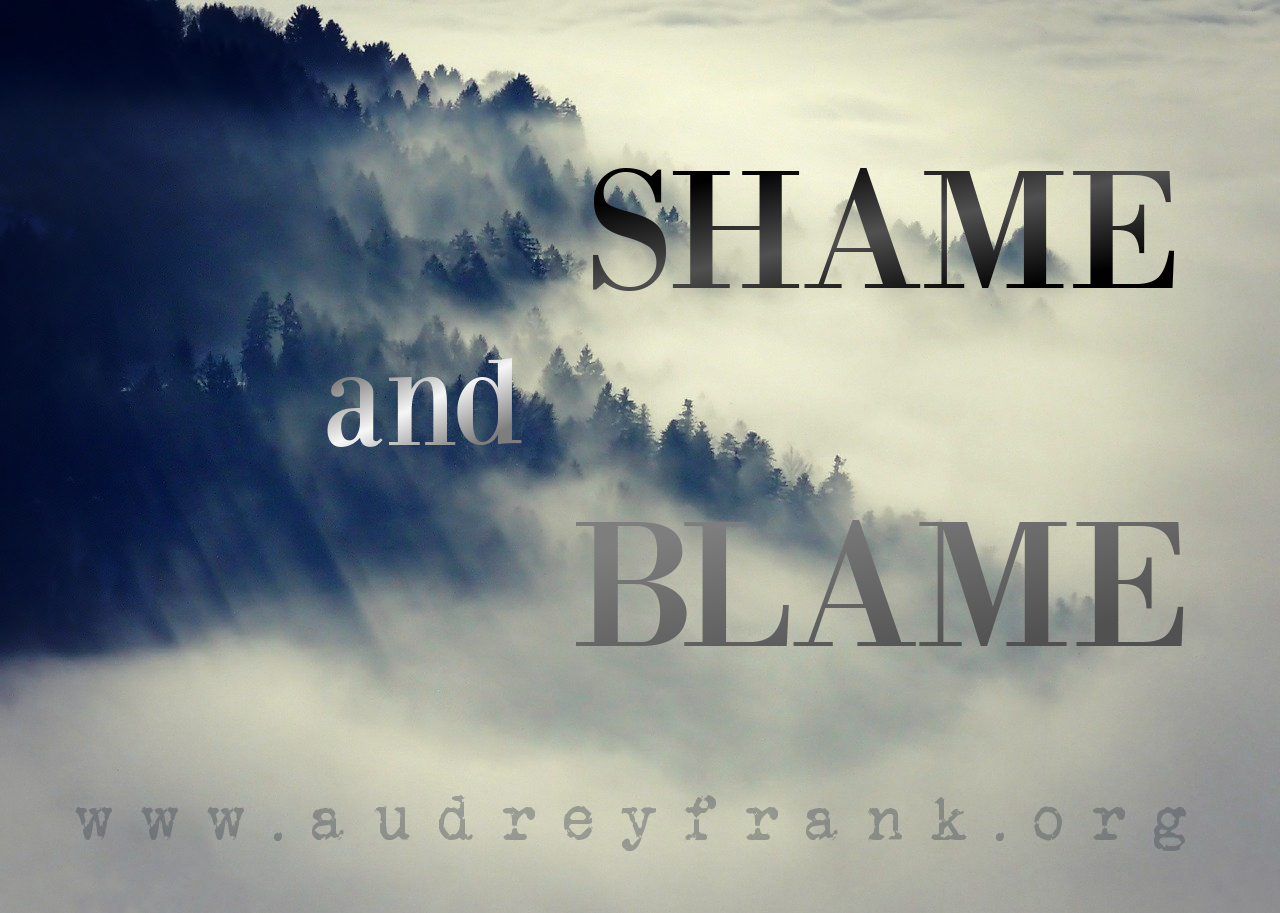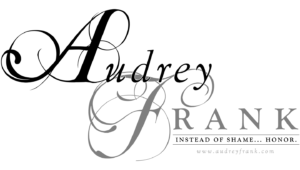Shame and Blame

As he went along, he saw a man blind from birth. His disciples asked him, “Rabbi, who sinned, this man or his parents, that he was born blind?”
“Neither this man nor his parents sinned,” said Jesus, “but this happened so that the works of God might be displayed in him. As long as it is day, we must do the works of him who sent me. Night is coming, when no one can work. While I am in the world, I am the light of the world.”
John 9:1-5
In many parts of the world today, shame and blame still haunt the families of people born with disabilities.
Nida and her family are just one example. Their story of shame and blame is excerpted here from Covered Glory: The Face of Honor And Shame in the Muslim World:
We had settled in an ancient Arab city where donkeys still carried heavy loads down winding cobbled streets. That night my husband and I prayed for the hidden ones, the children born with facial deformities, concealed in the labyrinth of the city from the prying eyes of those who would cast them out in disgrace. The next morning would mark the first of a ten-day project in the city to do as many surgeries as possible. “Show them to us, Lord. Bring them out of hiding so that we may help them,” we prayed.
On the other side of the city, a Muslim woman sat on the soft cushion that served as both her couch and bed. In her hands, Nida held a crinkled piece of paper, its edges worn and faded. She had carried the flyer in her pocket for several weeks now, pulling it out occasionally to daydream. In the center was a picture of a little boy, his face wide with a happy smile. It was a grin much like their little son’s, whose expression of happiness was grossly disfigured by a gap stretching from the middle of his upper lip through the roof of his mouth. Below, in printed words she could not read, was information. But about what, exactly? The paper had been tacked to a wall outside the clinic and she had stolen it, hoping no one saw her tuck it inside her skirt. She showed it to her husband, and their curiosity grew.
They had been in the bustling city for almost two years. Her husband found work as a cart puller, and she had borne another son. The new baby’s lips were smooth as silk, and he nursed effortlessly at her breast. The little one had been deemed worthy of the name of Islam’s honored prophet, a name usually given to the firstborn son. His would be a life of honor, unlike their first son, whose birth defect had ushered their family into exile.
The paper she held in her hand must mean something, she thought. She cried out in the only way she knew, using familiar Islamic words of supplication. “God, please help my son. Have mercy on him and on us,” she prayed.
The next afternoon, as my husband walked home from the market, he took a wrong turn by mistake and found himself in an unfamiliar neighborhood. As he turned to retrace his steps, a woman emerged from the narrow space between two overhanging walls. On her back, tucked snugly into a thick cloth, she carried a small child. He slept soundly, his mouth agape, unaware of the bump-bump of his mother’s footsteps over the uneven stones, oblivious to the man who stood in the shadows astonished, staring at the child’s bilateral cleft lip and palate.
Surely You are a great God who hears our prayers, my husband declared silently, his heart pounding.
…
Such a delicate conversation could not be had in a public place. The mother did what her family’s position of shame dictated: she invited the American man to leave the crowds and follow her to the privacy of her home where her husband waited for his daily afternoon coffee. They could speak about the boy’s disability there with her husband present, away from the street gossip.
My husband decided to explain himself without further delay. Swallowing hard and sending up a quick prayer for favor, he invited the family to bring their son to the hospital for help. The young mother froze for a moment and her eyes welled with tears. Reaching into her pocket, she removed the treasured piece of paper and showed it to him. “I cannot read,” the mother quietly murmured. “Can you tell us what this says?”
My husband’s hands trembled. The precious paper he held was a flyer advertising the same surgery project he was inviting her to the next morning! He read it slowly to the growing crowd.
Eyes that had stared with curiosity moments before grew wide with amazement and disbelief. The American’s visit was no mere coincidence. A miracle had just occurred, and it rendered every witness speechless. Breaking the silence like a thunderbolt of praise, the mother cried, “God sees me and He sees my son!
The unseen are seen by God. The hidden are found. The shamed are rescued, and treasures covered in darkness are brought into the glorious light of His liberating love. Instead of shame, honor is their portion and inheritance. Over the years to come, Nida’s son would not only receive surgery to repair his cleft lip and palate, but he and his parents would also receive the good news that there is a Messiah who removes shame.
Shame and blame, move over to make way for a display of God’s glory. #insteadofshamehonor Click To TweetLord, open my eyes to see your glory in the place of shame and blame today. Amen.
If you would like to read the rest of Nida’s story, grab a copy of Covered Glory at your favorite bookseller or click here.

No Comments